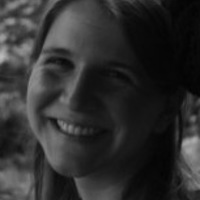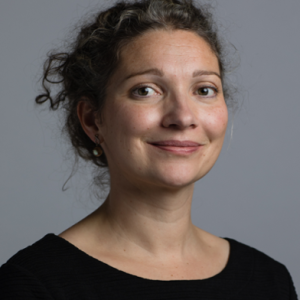Dr. Erin Jessee is a senior lecturer at the University of Glasgow. Her research focuses on genocide and related mass atrocities, transitional justice, Rwandan history and African history, gender, and oral history ethics and methods. She is the author of Negotiating Genocide in Rwanda: the Politics of History (Palgrave studies in oral history, Palgrave Macmillan, 2017) and, with Annie Pohlman, Oral Histories of Genocide in Bosnia, Indonesia and Rwanda: Symbolic Violence and Social Death.(Oxford University Press, forthcoming).
In the one-day workshop (a combination of short lectures and group work), dr Erin Jessee will begin with an introduction to some core concepts that can enhance our understanding of trauma and how it can manifest in different cultural and political contexts. Participants will then explore the meaning of trauma in different cultural and political contexts, and what a supportive response might look like where narrators become emotionally distressed as a result of an interview or related research encounter, including the option of connecting them with culturally and personally appropriate support resources. Students will learn how to recognize possible violence and trauma in the silences and stories of their interlocutors and will also explore other difficult emotions that can arise as people remember and recount potentially traumatic experiences. They will share experiences and reflect on the fine line between being empathetic and understanding their specific position as a researcher. Finally, we will discuss what a personally appropriate self-care plan might look like for us — as oral historians who work with emotionally demanding materials – to promote our resilience surrounding this research. Throughout, workshop participants will have ample time to ask questions and discuss their plans for working with potentially vulnerable people and communities in different contexts. This can include projects that do not have an explicit focus on traumatic experiences or other sensitive subject matter, as sometimes narrators’ distress can emerge in unpredictable ways.
Indicative programme
9:30: Welcome and introductions
10:00: Key concepts
12:00: Lunch break
13:00: Trauma-informed ‘best practices’
14:30: Health Break
14:45: Self-care for researchers
16:00 Concluding discussion
Assessments and assignments
Students should be prepared to discuss their own experiences and work during the workshop. In addition, students write a short, reflective essay (‘flash essay’, approx. 750 words, 10% margin excluding references) on their understanding of their own position as oral historians dealing with and/or working within contexts of trauma or political violence.
Participants should submit a short motivation to [email protected] and also attend the lecture on Wednesday 29 October ‘Crisis Oral History: Ethical Engagements with Narratives of Political Violence’ with Erin Jessee
This workshop is an initiative of the Huizinga Research Network Oral History
Register (0/22 spaces left)
This course is fully booked. For a spot on the waiting list, contact [email protected]




